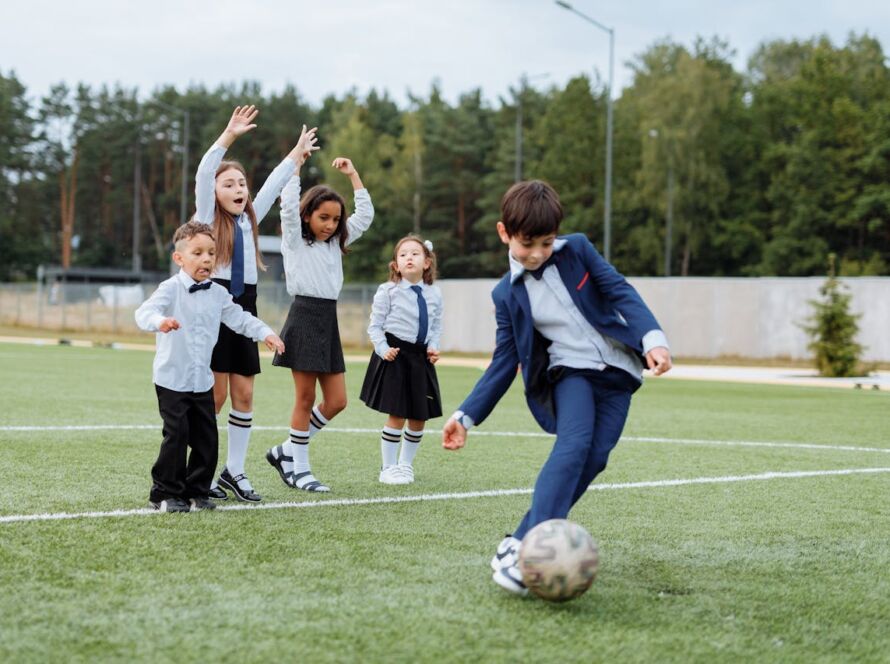Football (soccer) is one of the most popular sports for kids in Australia, with thousands joining local football clubs every year. Parents often look for activities that promote physical fitness, social development, and teamwork, and football checks all these boxes. Whether your child dreams of becoming a professional player or simply wants to have fun, joining a junior football club in Australia offers numerous benefits. From improving coordination to building confidence, football provides lifelong skills that go beyond the field.
1. Enhances Physical Fitness and Motor Skills
Football is an excellent sport for improving kids’ physical health. Running, dribbling, passing, and shooting help develop coordination, agility, and endurance. Regular training sessions at a local football academy ensure that children stay active and reduce the risk of childhood obesity. Unlike individual sports, football engages the entire body and improves reflexes, speed, and flexibility. Playing matches also helps in building stamina and muscle strength. With increasing concerns about screen time, enrolling your child in a football club is a great way to encourage outdoor activities and a healthy lifestyle.
2. Develops Teamwork and Social Skills
One of the greatest benefits of joining a kids’ football club in Australia is the development of teamwork and communication skills. Football teaches children how to work together towards a common goal, fostering a sense of camaraderie. They learn respect, leadership, and cooperation, essential qualities for both sports and daily life. Being part of a junior soccer team allows kids to interact with peers from diverse backgrounds, helping them make new friends and improve their social skills. These positive interactions contribute to their emotional and mental well-being.
3. Builds Confidence and Mental Resilience
Playing football helps kids develop self-confidence and mental toughness. Scoring a goal, making a great pass, or saving a shot as a goalkeeper gives children a sense of accomplishment. Positive reinforcement from coaches and teammates at a youth football club boosts their self-esteem. At the same time, football teaches children how to handle failure and setbacks, whether it’s losing a game or making a mistake on the field. Learning to bounce back from challenges builds resilience, a key trait that helps kids succeed in all areas of life.
4. Provides a Structured Path for Skill Development
Joining a football training academy gives children access to structured coaching that helps them improve their technical and tactical skills. From mastering ball control to understanding game strategies, kids get a solid foundation in youth football coaching programs. Many junior football clubs in Australia have pathways leading to elite football training and competitive leagues, offering children opportunities to progress in the sport. For those who show talent and dedication, local clubs provide a stepping stone to professional football academies and state-level teams.
5. Creates Lifelong Passion and Career Opportunities
Football is a sport that can be enjoyed at any age, and early exposure helps foster a lifelong passion. Many Australian footballers, including those in the A-League and Socceroos, started their journey in local football clubs. Even if a child doesn’t pursue football professionally, the skills and experiences gained remain valuable. Football can open doors to scholarships, coaching careers, and sports management opportunities. Plus, being involved in a community football club strengthens a child’s connection to their local area, promoting a sense of belonging and pride.
Conclusion
Enrolling your child in a local football club in Australia offers benefits that go beyond just playing a sport. From physical fitness and social skills to confidence and career opportunities, football shapes children into well-rounded individuals. Whether your child is a beginner or a passionate player looking to advance their skills, youth soccer clubs provide a supportive environment for growth. Encouraging kids to participate in football not only keeps them active but also equips them with essential life skills that will benefit them for years to come.


